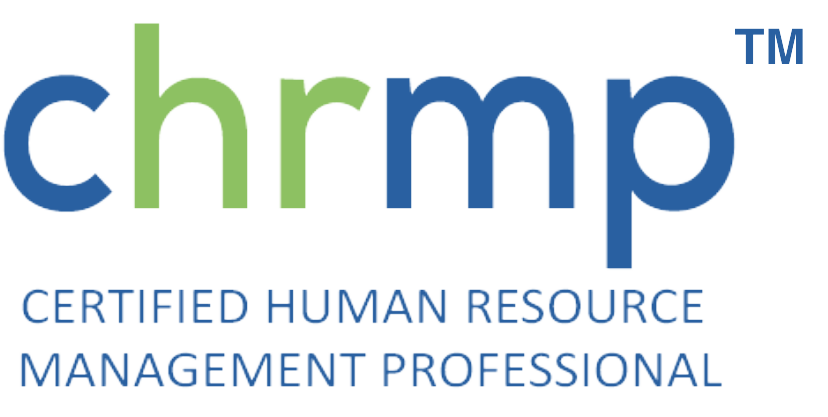What’s the difference between traditional and agile planning.
Planning involves a no of steps in order to get from start-finish.
The more traditional project planning approach or ‘big bang’ approach is coordinated and delivered at one fixed time.
This often comes at the end of a project, after a lengthy period of detailed up-front planning, designing, and testing.
The agile planning process provides a more iterative approach.
When it comes to agile planning, the steps are compared to an onion.
Where the outer shell is
Strategic planning : It involves the mission and vision as well as long-term goals. This is multi-year planning.
Portfolio Planning: The next layer of the planning onion is the Portfolio level. This is where the organization decides what products or initiatives to work on. This is essentially where and how much the organization will invest.
Product Planning
The next layer is Product planning. At this level, we determine the goals and objectives of the product and how we’ll achieve those outcomes.
You’ll likely develop objectives and key results (OKRs) for the product as well as a product roadmap.
Release Planning
At the Release level of planning, the team plans for the next major release. Even if you deploy continuously, this level of planning looks at the next coherent set of features or pieces of functionality.
Iteration Planning
The next layer of the Agile planning onion is Iteration planning. If you’re using an iterative approach, this is where you plan for the next iteration or time box. In Scrum, this is known as Sprint Planning.
Daily Planning
The final and innermost layer of the Agile planning onion is Daily planning. On a daily bases, team members get together to discuss the progress they’ve made, where they need help, and what they’ll do next taking any needed adjustments into account.
Log in to reply.
